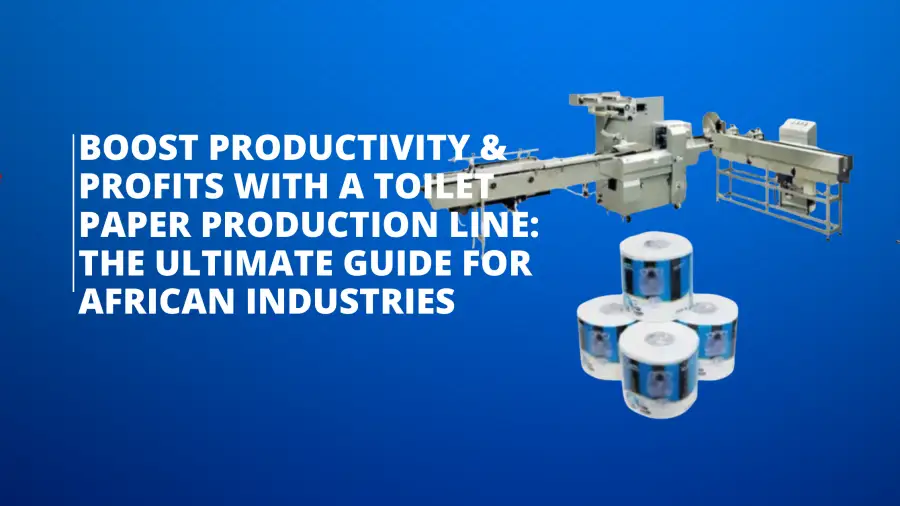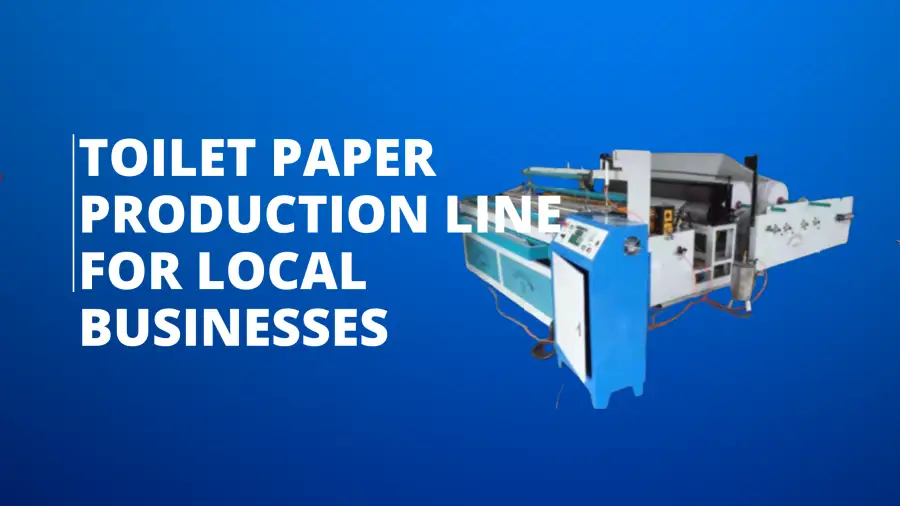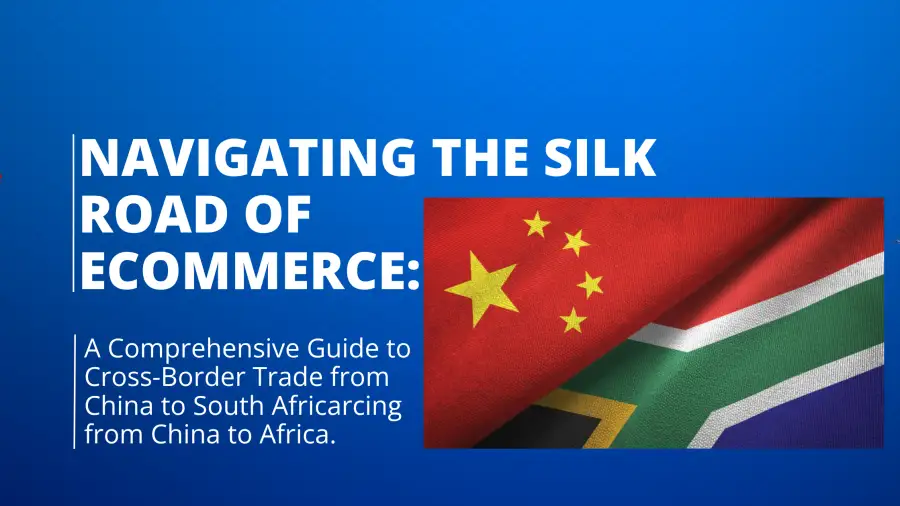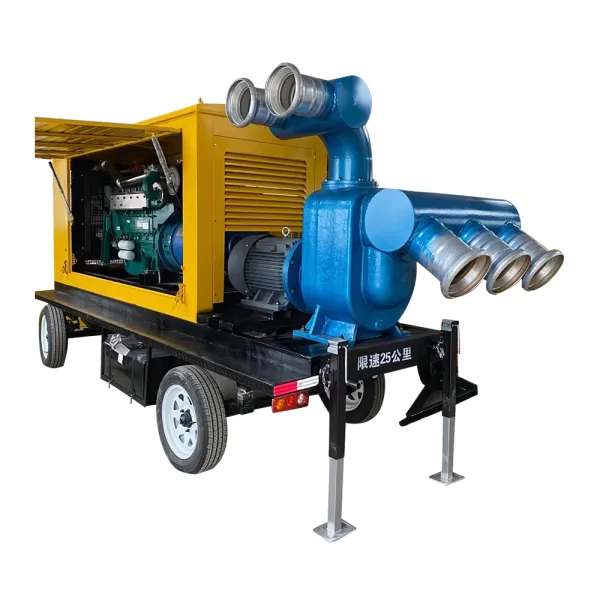B21, China Town Mall, Midrand

- Products Sourcing
End Supply Chain Worries: Get Reliable Machinery Without the Headaches
-
Jabu
-
21 Feb 2025
-
82 Comment
Are supply chain disruptions keeping you awake at night? Are delayed deliveries, rising costs, and unreliable suppliers threatening your business's growth? In today’s volatile global economy, these challenges are more common than ever. But it’s time to take back control and ensure that your business thrives, no matter what obstacles arise.
In this article, we’ll explore the most pressing supply chain pain points faced by South African businesses and provide actionable solutions to help you overcome them. By addressing these challenges head-on, you can position your company for long-term success while minimizing risk.
The Reality of Supply Chain Disruptions
Supply chain disruptions have become a harsh reality for businesses worldwide. From geopolitical tensions and natural disasters to port congestion and labor shortages, the list of potential threats is endless. For SMEs and startups in South Africa, these disruptions can be particularly damaging due to limited resources and tighter margins.
Here are some of the most common pain points:
- Delayed Deliveries: Long lead times caused by shipping backlogs, customs issues, or supplier delays can halt production and frustrate customers.
- Rising Costs: Fluctuating fuel prices, tariffs, and currency exchange rates often result in unexpected increases in the cost of imported goods.
- Supplier Reliability: Relying on a single supplier leaves you vulnerable if they face their own disruptions or fail to deliver as promised.
- Uncertainty Around Availability: Shortages of key components or machinery can make it difficult to plan for future growth or meet customer demand.
These challenges not only impact day-to-day operations but also hinder your ability to scale and compete in an increasingly competitive market. So, how do you navigate these waters successfully?
Building a Resilient Supply Chain: Key Strategies
To mitigate the risks associated with supply chain disruptions, businesses must adopt proactive strategies that enhance flexibility, reduce dependency, and improve efficiency. Below are some effective approaches:
1. Diversify Your Supplier Base
Relying on a single supplier—especially one located in a region prone to disruptions—is risky. Diversifying your supplier base ensures that even if one source faces challenges, alternatives are available to keep your operations running smoothly.
For example, during the pandemic, many businesses struggled with delays from Asian suppliers due to lockdowns. Those who had diversified their supplier networks were able to pivot quickly to European or Middle Eastern sources, ensuring timely delivery without compromising quality.
Action Tip: Identify multiple suppliers for critical components or machinery and establish relationships before disruptions occur.
2. Streamline Logistics and Customs Processes
Navigating international trade regulations and logistics can be complex and time-consuming. Delays at ports, incorrect documentation, or non-compliance with customs requirements can cause significant setbacks.
By outsourcing logistics management to experts, you can eliminate these headaches and ensure seamless delivery every time. Look for partners who offer end-to-end support, including procurement, customs clearance, transportation, and tracking.
Example: A manufacturing firm in Johannesburg once faced weeks of delays due to incorrect paperwork at customs. By partnering with a logistics expert, they avoided similar issues in the future, saving both time and money.
3. Negotiate Competitive Pricing and Flexible Payment Terms
Fluctuating costs can strain your budget, especially when dealing with large machinery purchases. To mitigate this risk, negotiate bulk discounts with suppliers and explore flexible payment plans that align with your cash flow needs.
For instance, if you need specialized equipment for a major project but lack the upfront capital, consider financing options that allow you to acquire the machinery immediately and repay over time. This approach keeps your business moving forward without straining your finances.
Thought-Provoking Question: How would flexible payment terms help you secure the equipment you need right now, without compromising your cash flow?
4. Implement Proactive Risk Management
Waiting for problems to occur is not a viable strategy. Instead, monitor global market trends, political developments, and potential bottlenecks to anticipate risks early. Develop contingency plans that include alternative suppliers, backup logistics routes, and inventory buffers to protect your business from unexpected shocks.
Example: When steel prices surged globally, companies that had locked in favorable rates with suppliers ahead of time were shielded from price volatility. Meanwhile, those who failed to act saw their costs skyrocket.
Success Story: Turning Challenges into Opportunities
Consider the case of Precision Tools , a small manufacturing firm based in Cape Town. When their primary supplier in Asia encountered production delays due to unforeseen circumstances, Precision Tools faced the possibility of missing critical deadlines. They reached out to a trusted sourcing partner, who quickly identified an alternative supplier in Europe and expedited the shipment. Not only did Precision Tools receive the machinery on time, but they also benefited from competitive pricing and expert guidance throughout the process.
This experience transformed Precision Tools’ approach to sourcing. They adopted a diversified supplier strategy managed through their new partner, gaining confidence in their ability to handle future challenges. Now, they operate with peace of mind, knowing they have reliable support to navigate any obstacle.
Why These Solutions Matter for Your Business
Adopting these strategies isn’t just about surviving disruptions—it’s about thriving despite them. By diversifying your supplier base, streamlining logistics, securing competitive pricing, and implementing proactive risk management, you create a resilient supply chain capable of supporting your business’s growth.
Here’s why these solutions matter:
- Global Reach: Access to a vast network of suppliers ensures you always have options.
- Seamless Support: End-to-end logistics management takes the stress out of importing machinery.
- Financial Flexibility: Customizable payment plans and financing options make high-quality machinery accessible.
- Proactive Guidance: Anticipatory risk management keeps your business ahead of disruptions.
Ready to Transform Your Supply Chain?
Don’t let supply chain disruptions hold you back any longer. Take control of your business’s future by implementing these proven strategies. Here’s what happens next:
- Assess Your Needs: Evaluate your current supply chain processes and identify areas for improvement.
- Build Relationships: Establish connections with multiple suppliers and logistics partners to enhance flexibility.
- Secure Financing: Explore payment options that fit your budget and cash flow requirements.
- Stay Prepared: Monitor global trends and develop contingency plans to address potential risks.
Leave Comment
Your email address will not be published. Required fields are marked











Comments
30 Jan, 2022
Glenn Greer
"This proposal is a win-win situation which will cause a stellar paradigm shift, and produce a multi-fold increase in deliverables a better understanding"